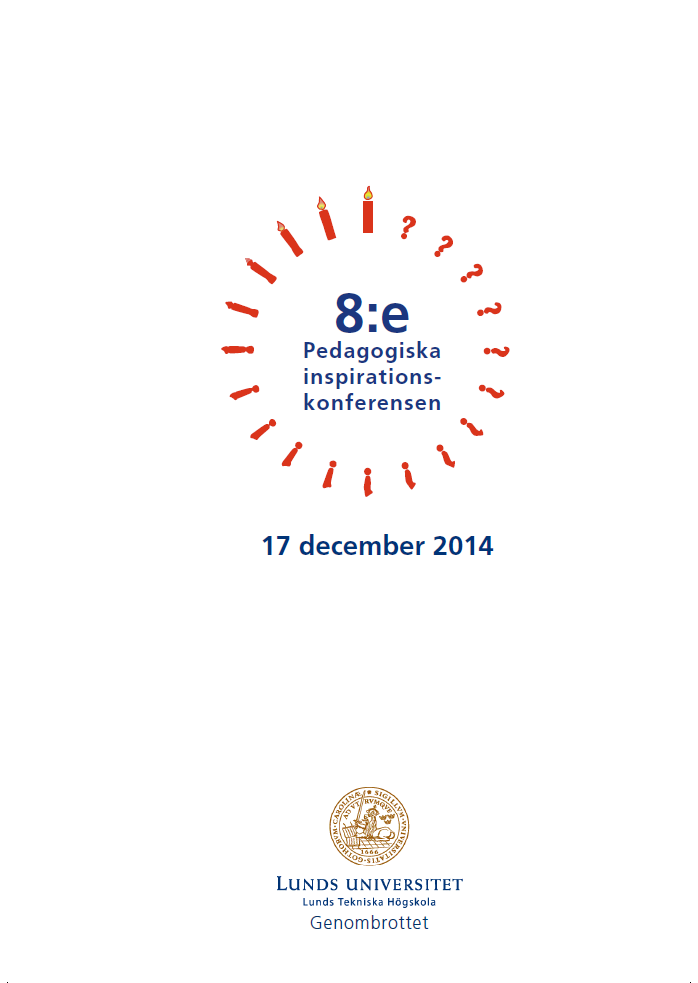Individual examination in project courses: How to relate student performance to learning objectives?
Nyckelord:
individual assessment, project courses, constructive alignmentAbstract
Several of the technical educational programs atMalmö University department of Computer Science include
project courses at the end of each program year. The
pedagogical base for these courses have several parts; Students
practice the application of theories and methods learned in
earlier courses and students further students’ understanding of
development and integration of different parts to a solution.
Practical work gives students new perspectives and
understanding, as well as hands-on training in teamwork and
group dynamics.
Constructive alignment is a model that ties learning
activities and assessment to so called Intended Learning
Objectives (ILOs) and the model is applied on the courses in
Malmö Högskola.
We want to examine how this model can be applied to
project courses. The goal of the education and the demands
from industry require that students, after completed studies
shall be able to work effectively in groups comprised of
different competencies working on open-ended problems.
These demands are beyond the goals of the academic world,
but deserve to be considered.
The requirement for legal certainty in the assessment of
students’ fulfilment of learning objectives indicate that
individual assessment is required and this is not always easy to
do in project courses. The size of the groups, the objective of
the projects and the assigned teacher resources can make
individual assessment a challenge.
We have investigated how individual assessment is
performed in four project courses at Malmö Högskola. All four
courses are based on problem based and situated learning, but
the courses have different character; project courses during
the first year of studies are executed internally, while project
courses during year two and three are run in collaboration
with industry. Two examples of assessment that we have tried
are individual time sheets and individual e-portfolio.
Through a literature study we have found a number of
papers containing methods and results based on pedagogical
research. There is a focus on a small number of methods, e.g.
”Peer Assessment.” Our study indicates that more research
and development work is needed within this area. For example
through evaluating methods referenced in literature regarding
how well they support individual assessment in project courses.
Most methods are not clearly related to how different learning
objectives that are assessed, which make it difficult to evaluate
the connection between assessment and learning objectives.
Downloads
Publicerad
2016-08-30
Nummer
Sektion
Artiklar


